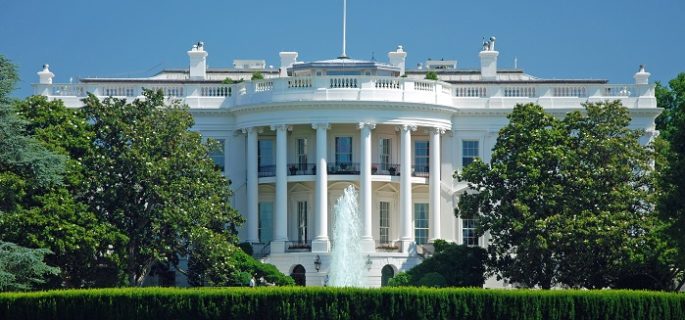The Impact of Trump’s Return on AI and Climate

US President-elect Donald Trump made plenty of ambitious promises during his presidential campaign, but it will be tough for him to fulfill all his pledges.
His stance on artificial intelligence (AI) and climate largely aligns with his commitment to "America First" policies, focusing on economic growth, energy independence, and minimizing regulations on domestic industries. However, a lack of specific federal guidelines leaves open questions about how the new administration will establish a cohesive strategy for AI. There are concerns, particularly in areas like ethics, workforce impacts, and international cooperation, where many experts argue government oversight is critical.
Similarly, Trump’s plans to minimize regulations and prioritize American energy interests could spell disaster for the climate. This could leave the planet vulnerable to environmental risks and diminish America’s role as a global leader in addressing climate change.
 According to Matt Dallek, a political historian at George Washington University, Trump is likely to face fewer checks on his power now that he has consolidated control over the Republican establishment.
According to Matt Dallek, a political historian at George Washington University, Trump is likely to face fewer checks on his power now that he has consolidated control over the Republican establishment.
Trump’s track record on fulfilling campaign promises during his last term as president was mixed at best. He was not able to deliver on his pledge to repeal the Affordable Care Act or to achieve 4% GDP growth. Efforts to narrow the trade deficit and revive coal production also did not meet expectations.
Trump has promised to repeal US President Joe Biden’s executive order on AI, which sets safety, privacy, and innovation standards for AI. This stance aligns with Trump’s preference for fewer regulations, which is something that is being appreciated by some tech companies.
The President-elect has the backing of Elon Musk, one of the most influential leaders in the tech industry. Musk has openly supported Trump’s hands-off government approach to sectors like technology, energy, and space exploration. There are also reports that Musk could be assigned a special advisor role in the new administration on AI policy.
While many in the tech and business world remain neutral or opposed to Trump’s policies, a number of business leaders share Musk’s support for deregulation and industry-friendly policies.
Roman Yampolskiy, a computer scientist and AI safety researcher at the University of Louisville, is among many AI researchers who have highlighted the risks of AI and are arguing for a pause in AI experiments and development. This can only be achieved through stronger regulations, however, with Trump back in power, more AI regulations seem unlikely.
 The outlook for climate initiatives is more grim. Trump has openly denied the threat of climate change, and even called it “one of the great scams”. This is in stark contrast with expert warnings that, if climate change is left unaddressed, it could lead to more frequent natural disasters like the recent hurricane season estimated to have cost $100 billion, and major disruption to the lives of millions.
The outlook for climate initiatives is more grim. Trump has openly denied the threat of climate change, and even called it “one of the great scams”. This is in stark contrast with expert warnings that, if climate change is left unaddressed, it could lead to more frequent natural disasters like the recent hurricane season estimated to have cost $100 billion, and major disruption to the lives of millions.
Under the Trump administration, many federal climate programs are likely to be scrapped or paused. Trump has made it clear that he prioritizes economic benefits over any dangers posed by climate change. However, experts believe that despite his stance, the global shift toward clean energy will continue, driven by market trends and technological progress.
The Trump administration will find it challenging to reverse the 2022 Inflation Reduction Act (IRA), which has allocated substantial investments over the next ten years for renewable energy, electric vehicles, and clean technologies.
The return of Trump to the White House could signal major shifts in several aspects of policy. As Trump faces the complex interplay between political aims and the realities of policy implementation, the final impact of his reelection will only become evident over time.











